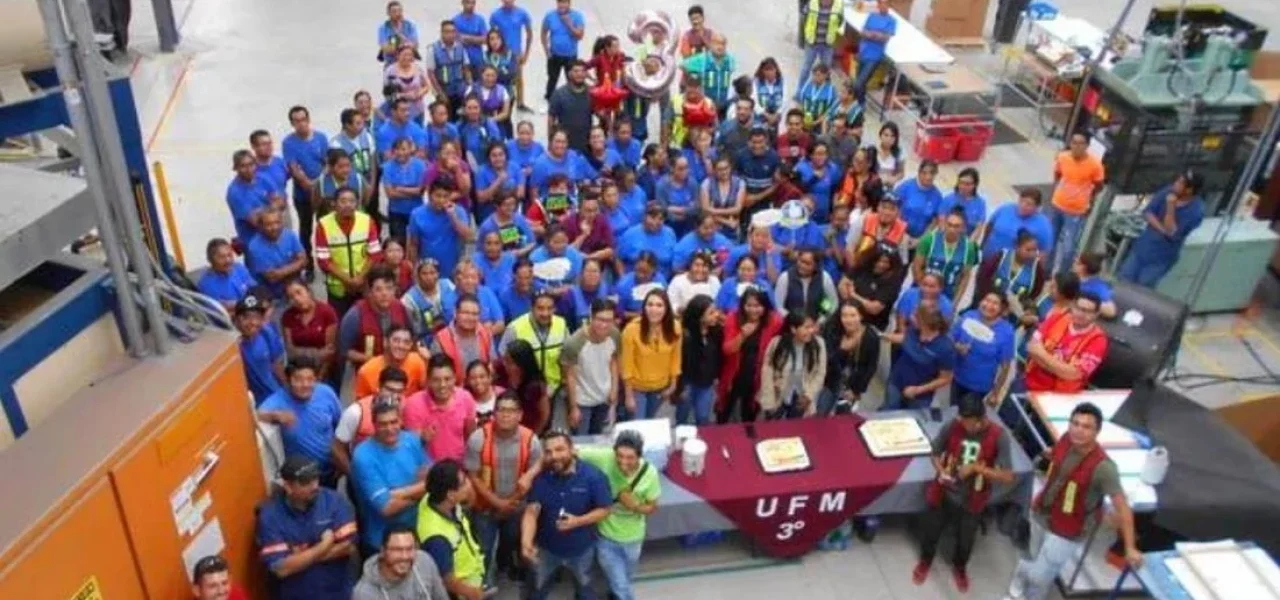An increase in union activity is being noticed in the North of the country, particularly in manufacturing companies, which could lead to the application of a Rapid Response Labor Mechanism, via the Mexico, United States and Canada Agreement (USMCA).
It has been noticed that there is an increase in applications from unions requesting that the Federal Center for Conciliation and Labor Registration (CFCRL) represents workers from companies located in the North of the country, in accordance with a Labor Intelligence report prepared by the De la Vega & Martínez Rojas Law Firm
Given that the union mobilization is taking place in the Northern part of the country, where auto-parts and car assembly, maquila industry plants, among other manufactures in the prioritary sectors of the USMCA are located, concern has risen because union organizations may request labor mechanisms.
The Law Firm stated that companies’ top management “have begun a series of actions aimed at guaranteeing union democracy and freedom, such as the generation and implementation of policies in labor relations matters, as well as the use of labor training tools.”
Data from this Center show that the number of certificates of representativeness increased by 110% in the period between May and August of 2023.
Blanya Correal, international consultant associated with that Law Firm, said that only 16% of all formal workers in Mexico have union representation, “this leaves the field open for union action.”
The Center says that as of May 30, the date on which the term for implementing the labor reform ended, nearly 46,477 of them were processed, with the participation of 6,459,269 people, for a total of 30,421 legitimized collective bargaining agreements.
This “means that nearly 80% of all collective bargaining agreements disappeared with the end of the term for legitimation”.



